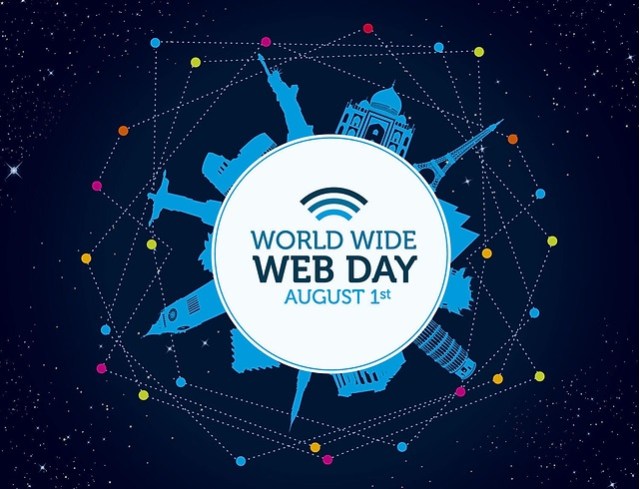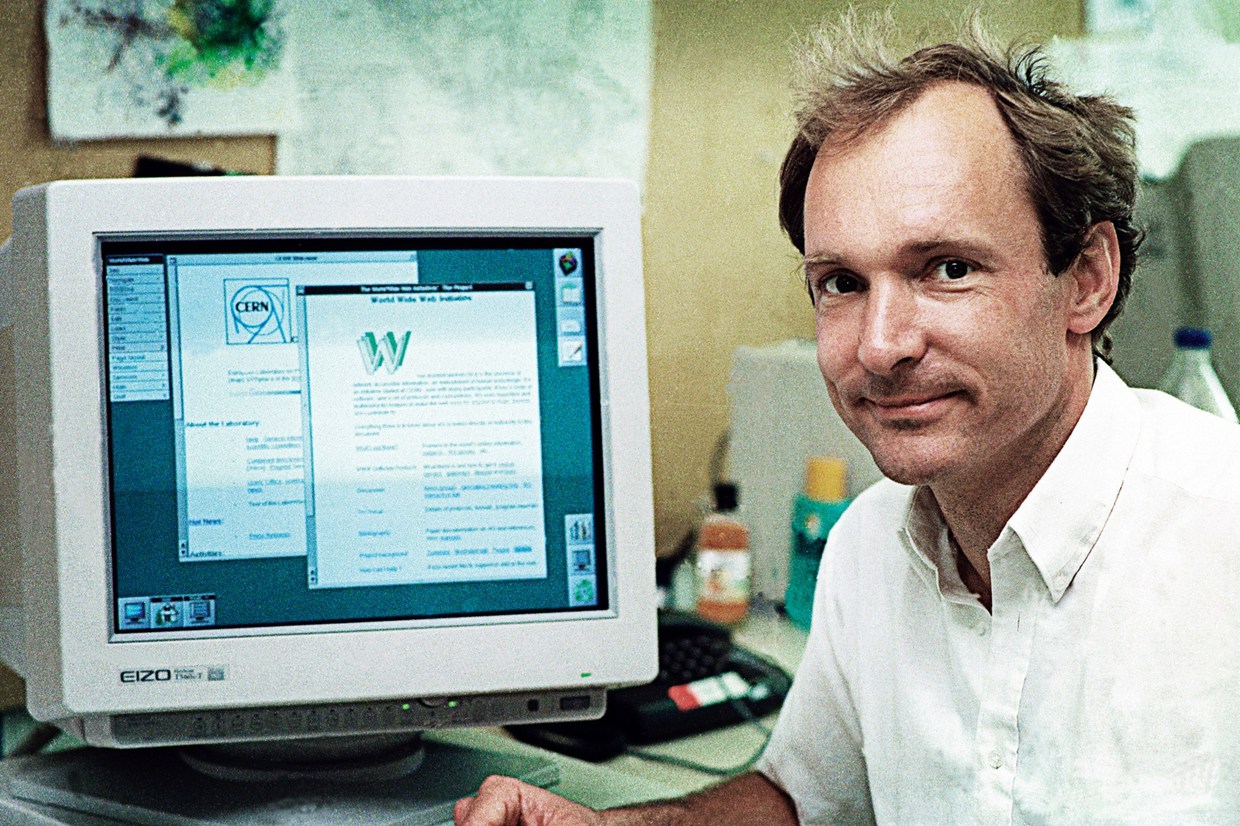World Wide Web Day 2024: Know the date, history, significance and more
World Wide Web Day serves as a platform to raise awareness about the web's transformative power and the need to ensure its accessibility, security, and inclusivity for all.
 World Wide Web Day 2024: An opportunity to reflect the effect of the web on our lives and to praise the people who added to the development. (Source: Vexels)
World Wide Web Day 2024: An opportunity to reflect the effect of the web on our lives and to praise the people who added to the development. (Source: Vexels)World Wide Web Day 2024 history and theme: World Web Day is observed to commemorate the World Wide Web and its impact on the world. It is dedicated to honouring the transformative impact of the World Wide Web on our lives.
Since its inception, the web has revolutionised communication, commerce, and connectivity on a global scale, bringing the world closer together in ways previously unimaginable. Additionally, it has also democratised knowledge, empowered businesses, and transformed industries across the globe.
As we commemorate World Web Day, we recognise the web’s evolution from a technological innovation to an integral part of daily life. Here’s all you need to know about the day.
World Wide Web Day 2024: Date and Theme
World Wide Web Day is celebrated annually on August 1, and in 2024, it is being observed on Thursday, with this year’s theme emphasising the transformative role of the web in revolutionising communication, collaboration, and access to knowledge, effectively bringing the world closer together.
On World Wide Web Day, we celebrate the invention that revolutionized communication and information sharing.
Since its inception by Tim Berners-Lee in 1989, the World Wide Web has connected billions of people and transformed every aspect of our lives. Let’s continue to harness… pic.twitter.com/GqphhtUniH
— Govt. of BTR (@GovtofBTR) August 1, 2024
World Wide Web Day 2024: History and Significance
World Wide Web Day is a global event that recognises and appreciates the transformative impact of the World Wide Web on various aspects of society. Its history dates back to late 1989 when British computer scientist Tim Berners-Lee proposed the concept of a global information space while being employed at CERN (the European Organisation for Nuclear Research).
Tim Berners-Lee conceived the World Wide Web (WWW) and his innovative vision aimed to integrate computers, data networks, and hypertext into a unified global information system that would be both powerful and user-friendly.
Berners-Lee initially presented his idea in March 1989 through a proposal that outlined a “universal linked information system.” A year later, he refined this concept in a second proposal, collaborating with Belgian systems engineer Robert Cailliau, who helped finalise the document in November 1990.
 Tim Berners-Lee, computer scientist, renowned for his development of the World Wide Web in 1989.
Tim Berners-Lee, computer scientist, renowned for his development of the World Wide Web in 1989.
By the end of 1990, Berners-Lee had successfully developed the first web server and web browser at CERN. The inaugural website, info.cern.ch, was launched on August 6, 1991. This simple page served to explain the World Wide Web project and provided users with instructions on how to navigate and utilize the new system.
Fast forward to today, in 2024, this day holds particular significance as we reflect on how the web has revolutionised education, healthcare, research, and entertainment, fundamentally changing the way we learn, access healthcare services, conduct scientific studies, and consume media.
The continuous evolution of the World Wide Web has driven technological innovation, paving the way for groundbreaking developments such as cloud computing, artificial intelligence, and the Internet of Things.
To commemorate the web’s contributions to communication, information sharing, and technological innovation, various events, conferences, and activities are organised worldwide, aiming to educate the public about the importance of the web and promote its responsible and ethical use.
Hence, World Wide Web Day serves as a platform to raise awareness about the web’s transformative power and the need to ensure its accessibility, security, and inclusivity for all.
- 01
- 02
- 03
- 04
- 05































